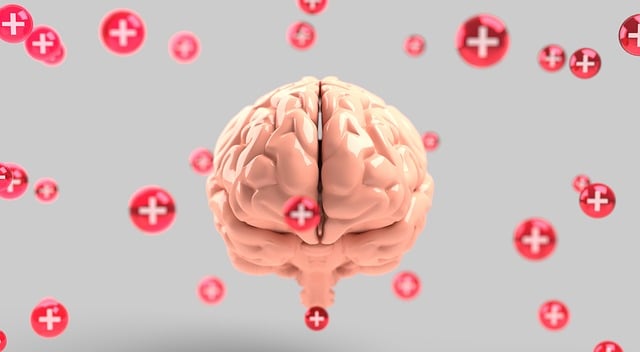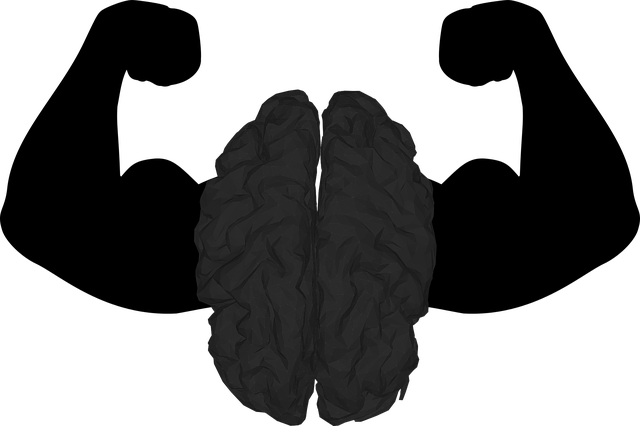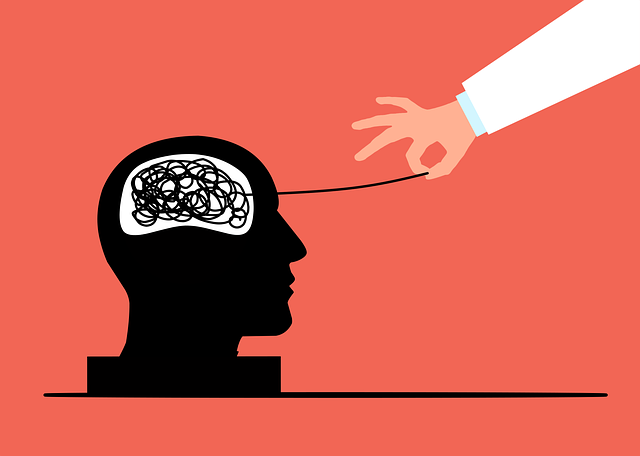Castle Rock Cognitive Behavioral Therapy (CR CBT) enhances resilience through its Resilience and Functioning Model (RFM), focusing on Recovery, Functioning, and Meaning. Techniques like Social Skills Training help individuals identify resilience factors, reframe setbacks as growth opportunities, and develop effective coping strategies for improved mental health. CR CBT empowers clients to challenge negative thought patterns, manage emotions, adopt positive perspectives, and build mental fortitude for stress management, anxiety reduction, and enhanced overall well-being. Integrating this therapy into daily routines fosters sustained growth, resilience, and adaptability through reflection, grounding exercises, and self-compassion.
Resilience is a vital asset in navigating life’s challenges. This article explores Resilient Factors Model (RFM) and its role in building mental fortitude. We delve into the power of Castle Rock, a therapeutic technique, as an effective tool for enhancing coping mechanisms through cognitive behavioral therapy. Learn how RFM exercises can be designed and integrated into daily routines to foster sustained growth and resilience. Discover practical strategies to strengthen your mental resilience, enabling you to embrace life’s challenges with confidence.
- Understanding RFM: The Foundation of Resilience
- Cognitive Behavioral Therapy: A Powerful Tool for Building Mental Fortitude
- The Role of Castle Rock in Enhancing Coping Mechanisms
- Designing Effective Resilience-Building Exercises
- Integrating RFM into Daily Life: Strategies for Sustained Growth
Understanding RFM: The Foundation of Resilience

Resilience is a crucial aspect of mental wellness, enabling individuals to bounce back from challenges and adversity. At its core, Resilience and Functioning Model (RFM), grounded in Castle Rock Cognitive Behavioral Therapy, serves as a powerful framework for understanding and fostering this adaptive trait. The RFM model segments resilience into three key components: Recovery, Functioning, and Meaning.
By focusing on these dimensions, therapy can help individuals build mental health awareness and strengthen their ability to cope with life’s curveballs. For instance, recovery refers to an individual’s capacity to regain stability after a stressful event, while functioning highlights the level of daily operation despite challenges. Meaning, in this context, pertains to finding purpose and hope amidst adversity. Through Castle Rock Cognitive Behavioral Therapy techniques, including Social Skills Training, therapists guide clients towards understanding their unique resilience factors, reframing setbacks as opportunities for growth, and developing effective coping strategies for long-lasting mental health.
Cognitive Behavioral Therapy: A Powerful Tool for Building Mental Fortitude

Cognitive Behavioral Therapy (Castle Rock Cognitive Behavioral Therapy) is a highly effective approach to enhancing mental resilience and fortitude. This therapeutic method focuses on identifying and modifying negative thought patterns, behaviors, and emotions that can hinder an individual’s ability to cope with life’s challenges. By targeting these cognitive distortions, individuals can learn to challenge and reframe unhelpful beliefs, leading to improved self-esteem and enhanced coping skills (Self-Esteem Improvement).
Through Castle Rock Cognitive Behavioral Therapy, clients develop powerful mind over matter principles, empowering them to take control of their emotional responses. This process encourages a more realistic and positive perspective on life’s stressors, fostering a sense of resilience that can be applied across various domains. By mastering coping skills development (Coping Skills Development), individuals become better equipped to navigate difficult situations with composure and adaptability, ultimately strengthening their mental fortress.
The Role of Castle Rock in Enhancing Coping Mechanisms

Castle Rock, a prominent feature in cognitive behavioral therapy (CBT), plays a pivotal role in enhancing individuals’ coping mechanisms and promoting mental wellness. Through its structured approach, CBT helps individuals identify and challenge negative thought patterns, replacing them with healthier, more adaptive ones. This process strengthens their resilience, enabling them to navigate life’s challenges more effectively.
Integrating Castle Rock into therapy facilitates the development of a robust self-care routine for better mental health. By learning effective mood management strategies, individuals can regulate their emotions, improve their overall well-being, and foster a positive mindset. This, in turn, enhances their ability to cope with stress, anxiety, and other mental health issues, ultimately leading to improved quality of life.
Designing Effective Resilience-Building Exercises

Designing Effective Resilience-Building Exercises involves integrating various therapeutic techniques, such as Castle Rock Cognitive Behavioral Therapy (CBT), to empower individuals in navigating life’s challenges. The key lies in tailoring activities that foster self-awareness exercises, enabling folks to recognize and challenge negative thought patterns. Incorporating crisis intervention guidance within these exercises equips them with tools to manage stress and emotional distress effectively. A well-rounded program might include a mental wellness podcast series production, offering diverse resources for continuous learning and support. By combining theoretical knowledge with practical application, resilience-building exercises become a powerful tool for enhancing overall mental wellness.
Integrating RFM into Daily Life: Strategies for Sustained Growth

Integrating RFM—a powerful tool derived from Castle Rock Cognitive Behavioral Therapy—into daily routines is key to fostering sustained growth and resilience. The Mind Over Matter principles behind RFM encourage individuals to actively manage their thoughts, emotions, and behaviors, which are fundamental aspects of well-being. By consistently practicing these strategies, one can prevent burnout and cultivate a more positive outlook on life’s challenges.
This approach aligns perfectly with the goal of building resilience, offering practical ways to navigate stress and adversity. Social Skills Training, another valuable component, enhances communication and interpersonal connections, fostering a supportive environment essential for emotional resilience. Incorporating RFM into daily life involves setting aside dedicated time for reflection, engaging in grounding exercises, and practicing self-compassion—all steps that contribute to an individual’s overall mental fortitude and adaptability.
In conclusion, integrating Resilient Factor Model (RFM) and resilience building exercises through cognitive behavioral therapy, particularly with the aid of techniques involving Castle Rock, offers a comprehensive approach to enhancing mental fortitude. By designing effective exercises tailored to individual needs and seamlessly integrating these practices into daily life, individuals can cultivate sustained growth and improved coping mechanisms. This holistic strategy not only empowers folks to navigate challenges more effectively but also underscores the importance of resilience in today’s dynamic world.














